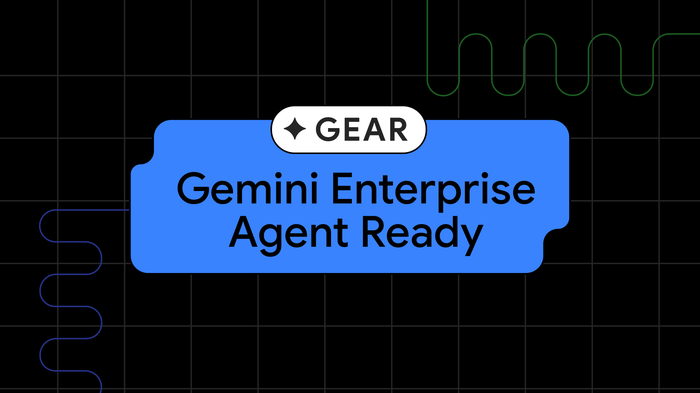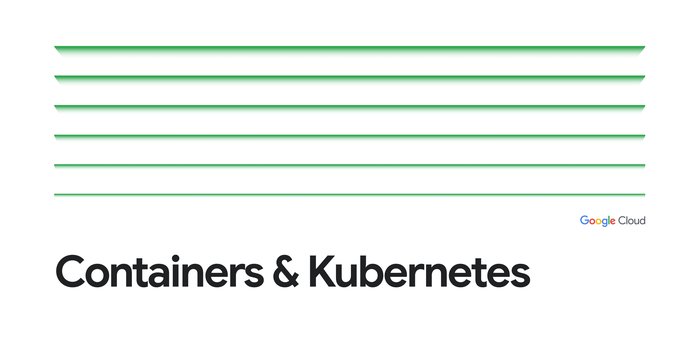Do the numbers: How AI is helping revolutionize accounting
Michael Endler
AI Editor, Google Cloud
“Accounting isn’t always the most highly talked about topic in machine learning,” observed Hannes Hapke, a Google Cloud Champion Innovator and machine learning engineer at AI accounting startup Digits, in a recent interview.
He and his colleagues are working to change that.
Founded in 2018, Digits leverages cloud services to scale its cutting-edge machine learning (ML) expertise, helping businesses speed up accounting workflows and better understand and act on their financial status.
Take its Digits Transaction Review product. Everyone who’s ever submitted an expense report knows the annoyance of categorizing receipts, and everyone who’s ever approved an expense report knows the frustration of correcting miscategorized expenses or verifying cost categories.
Not only can ML recognize what transactions for various expenses look like, it can also detect whether similar expenses have been categorized in the past. Identifying those categories and facilitating communication around them provides context for why a transaction is in the ledger—and that is exactly the use case Digits Transaction Review targets.
ML in accounting isn’t limited just to simpler, more expedient expense tracking, either.
“We’re building machine learning tools to assist accountants and business owners in understanding their business in real time,” Hapke explained. “By helping accountants categorize the books and ask questions of their clients through generative AI in real time, business owners get answers faster and the accountant's work is significantly more efficient.”
From report generation to semantic search that gives precise answers to natural language queries about a business’s finances, Digits is harnessing ML to make the full accounting pipeline faster and smarter.
Turning ML into a business: aligning teams, streamlining processes, and scaling models
Hapke has a long history with ML across several industries, including published machine learning literature. In his experience, the biggest challenge for a growing machine-learning operation isn’t always innovating with models —it’s often figuring out how to build efficient, scalable machine learning systems and MLOps processes capable of serving paying customers. The startup has used a variety of Google Cloud’s Vertex AI features to rocket past this challenge.
“For a company of our size, it comes down to sustainability versus engineering time,” he explained. He recalled that before Vertex AI was released, the company deployed models in-house using Google Kubernetes Engine (GKE).
This approach reached its limit “when we wanted to do things like use GPUs or run our pipelines in parallel or implement different MLOps processes,” Hapke said. “Kubernetes could have solved some problems, but it would have required more engineering overhead. That’s not something we wanted to support—as an ML team, our competency is building models.”
Vertex AI helped Digits to keep resources and talent focused on innovative ML models and products, rather than the minutiae of infrastructure management, maintenance workflows, and other MLOps processes.
For example, Digits had previously used another system to manage and deploy models, which required significant engineering effort whenever new models were introduced or resources needed to be scaled up. They turned to Vertex AI Model Registry to streamline these MLOps headaches and free up technical talent for high-impact work.
Hapke described Model Registry as a “one-stop shop,” noting that he and colleagues can view the full catalog of models, build on existing models, introduce new models, and deploy to an endpoint. “Everything would have been possible on-premises but at a much bigger engineering cost,” he said.
Meanwhile, in addition to letting Digits simply run models in parallel without scaling concerns, Vertex AI Pipelines helps Digits enforce and streamline a range of governance, troubleshooting, and MLOps tasks. During prototyping phases, for instance, the company’s engineers use a variety of languages and frameworks—but models are generally standardized as they head toward production, with Vertex AI enforcing compliance.
“I can’t even deploy models manually,” said Hapke. “Everything has to go through Vertex AI Pipelines to deploy, through our CI/CD system.” He noted that this standardization facilitates not only authentications in the deployment approvals process, but also insights from the performance of different models, onboarding of new employees, and alignment of teammates around efficiency best practices.
As the data flows: applying ML in real time
Up-to-date data and insights can be critical in financial planning and analysis (FP&A) use cases, which made Vertex AI’s Streaming Ingestion for Matching Engine capability particularly useful for Digits. A fully-managed vector database, Matching Engine ensures that data is continuously updated and immediately reflected in similarity searches. This lets Digits retrieve the latest feature values with low latency for highly accurate predictions, extract real-time datasets for training, and power products like Boost, which saves accountants time by automating manual quality control tasks.
“Streaming ingestion for Matching Engine has been key to Digits Boost being able to deliver features and analysis in real time,” said Hapke, noting that whereas Digits previously limited transaction updates to a 24-hour batch schedule, they can now deliver feedback to customers virtually immediately.
MLOps: “life insurance” in moments of need
Beyond simplifying and speeding up processes so that models move more quickly into production, Vertex AI also provides the Digits team with peace of mind. “We could have deployed the initial prototype from a Jupyter notebook, no problem. But keeping that model maintained over time and keeping that process sane—it would have been impossible. Vertex AI Pipelines keeps the sanity,” Hapke said.
If Digits encounters a problem, he illustrated, Vertex AI lets the team more quickly find and fix the issue, because the platform catalogs metadata and model lineage.
“Reproducing a problem in the model doesn’t tell you why the model is incorrectly mapping concepts or having some other issue,” he explained. “With Vertex AI Pipelines, you can retrace which model was trained at which time from which training sets, which helps to quickly find, say, mis-annotated data. MLOps is life insurance in these moments.”
This kind of “life insurance” can be crucial to robust, sustainable ML services, and it rounds out the MLOps toolset and best practices that are helping Digits innovate. With its combination of ingenuity, data expertise, and cloud-enabled resources and processes, the company is showing how even one of the world’s most ancient professions — accounting — can be made exciting and new. For any ML startup or even a large enterprise team looking for best practices, that’s an accomplishment worth noting.



